OUR GAME THEORY PODCAST
In Game Changer, the podcast by TWS Partners, we want to share our enthusiasm and passion for game theory and its applications. Guests from industry and academia discuss the power of game theory in their profession and how they use it to make a difference. Along the way we strive to offer fun anecdotes, useful facts and valuable insights. Hear us out and find out that game theory is much more than a topic for ivory tower discussions.
DINNER’S READY! ON COMMON KNOWLEDGE AND THE VALUE OF INFORMATION | WITH CHRISTOPH KUZMICS

In this episode Christoph Kuzmics explains the game theoretic concept of Common Knowledge, using fun anecdotes from his personal life. We also learn that Common Knowledge is much more than just passing information to all parties, and that in some situations, it is desirable not to establish full information.
Christoph Kuzmics is professor of microeconomics at the university of Graz, Austria. His research focusses on the development of the theory of strategic interaction and its application to the social sciences.
He also runs the Game Theory blog gametheory.life, where he shares fun anecdotes and examples of game theory from everyday life. This podcast episode is based on his blog articles “The dinner gong” and “non-secret-voting”.

SUMMER BREAK
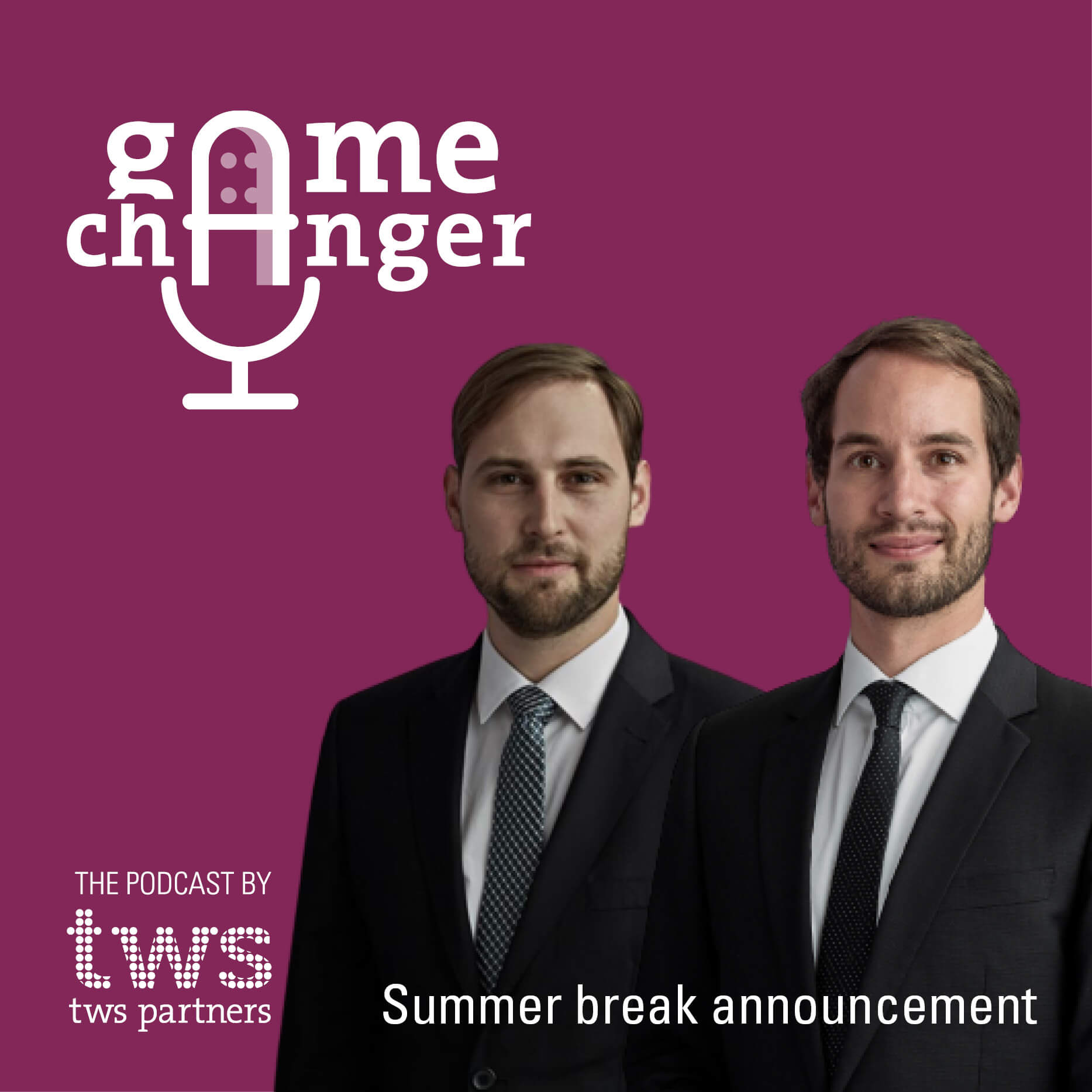
This is a short announcement of Game Changer Podcast going on summer break and returning on September 13th.
Enjoy your summer and until September – the TWS Game changer team!

WHY DO WE COOPERATE AND HELP OTHERS – GAME THEORY & ALTRUISM | WITH EREZ YOELI

This episode is all about cooperation and altruism. Erez Yoeli explains how these concepts can be modelled using game theory, and which measures can be taken to increase altruism in different situations. He also shares the success story of the company Keheala, which uses game theoretic insights to foster altruistic behaviour in the healthcare context.
Erez Yoeli is a research scientist at MIT’s Sloan School of Management where he directs the Applied Cooperation Team. He is also co-author of the book “Hidden Games: The Surprising Power of Game Theory to Explain Irrational Human Behavior“. His research interests are in the areas of altruism, game theory and cooperation.

HOW CLEVER FISHERMEN OUTSMARTED A UNIFORM PRICE AUCTION | WITH ALEX TEYTELBOYM

In this episode Alexander Teytelboym walks us through the intricacies of uniform-price auctions. While often praised for their theoretical properties, putting them into practice successfully can turn out to be quite the challenge. Alex shares with us what can be learned about auction design from observing uniform-price auctions in the fishing industry and how game theory can explain fishermen’s bids that resemble “crank handles”.
Alex Teytelboym is associate professor at the Department of Economics at the University of Oxford. His research interests are in the areas of market design and the economics of networks including their applications to environmental economics and energy markets, among others.

THINK LIKE A VIRUS! VIEWING THE PANDEMIC THROUGH THE LENS OF GAME THEORY | WITH JOSHUA GANS

In this episode Joshua Gans shares his insights on the ongoing pandemic from a game theoretic perspective. He explains how he first got into the topic, why being deadly is generally not the best strategy for any virus, and how hidden information can help a virus thrive. Joshua then walks us through ways to counter a virus and how to prepare for the future.
Joshua Gans is professor of Strategic Management and holder of the Jeffrey S. Skoll Chair of Technical Innovation and Entrepreneurship at the Rotman School of Management of the University of Toronto. His research interests are in the areas of technological competition and innovation, industrial organization and regulatory economics, among others. He is also author of several books such as “The pandemic information solution”.

CROSS AT RED LIGHT? – GAME THEORY IN TRAFFIC INTERACTION AND THE IMPACT OF AUTONOMOUSLY DRIVING VEHICLES | WITH JASON THOMPSON

In this episode, Jason Thompson explains how Game Theory can help understand interactions on the roads and in traffic. We discuss agent-based-modelling and its application to analysing the behaviour of road users in traffic intersection. Jason gives examples on ‘different games’ at traffic intersections and compares the game induced by traffic regulations with the one originating from varying powers of the road users (e.g. truck vs cyclist).
We also discuss how such interactions will change with the introduction and increase of autonomously driving vehicles.
Jason Thompson is associate professor at University of Melbourne School of Design and School of Medicine. His interest, among other, is focused on the translation of research into practice across the areas of transportation, heavy-vehicle safety, and health system design.

DIGITAL PLAYERS & FUTURE MARKETS – GAME THEORY IN MACHINE LEARNING & COMMON OWNERSHIP TOPICS | WITH MARTIN SCHMALZ
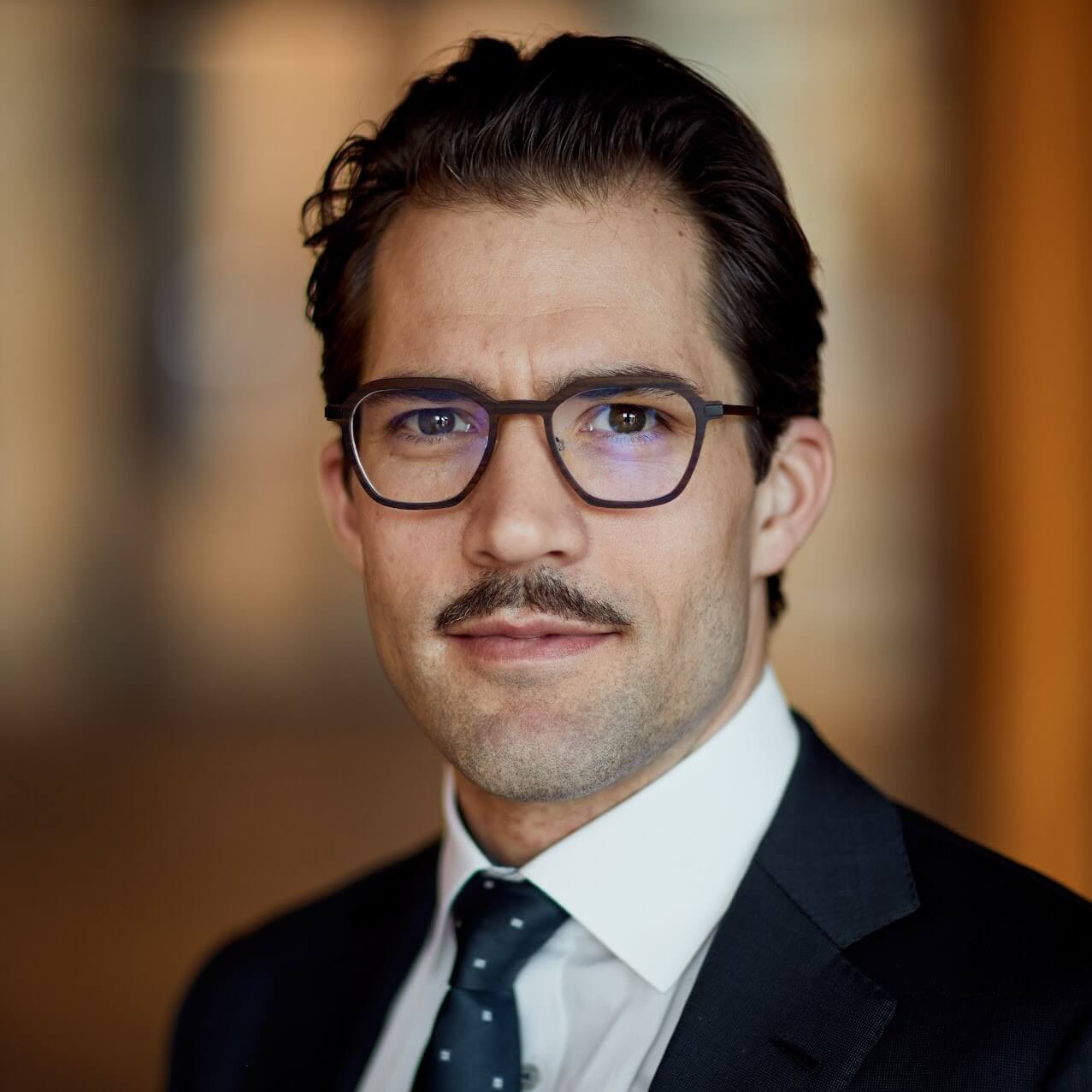
In this episode, Martin Schmalz explains what machine learning has to do with economics and game theory and its relationship to common ownership. He gives some practical examples for game theoretic situations in which machine learning is already used, and shows where potential benefits and risk for consumers might lie.
In addition, we discuss the topic of common ownership – another one of Martins’ fields of research, i.e. situations in which individuals or groups simultaneously hold shares of competing companies in a market sector. According to Martin, this phenomenon occurs much more often than you might think. He explains its effect on competition and we discuss its potential for collusive market behaviour.
Martin Schmalz is professor of Finance and Economics at the University of Oxford Saïd Business School and co-author of the book ‘The Business of Big Data’.
His research interests, among others, are in the areas of financial economics, artificial intelligence and machine learning.

PLAYING NICE – TRUST AND REPUTATION IN GAME THEORY, ECOMMERCE AND VACCINATIONS | WITH STEVE TADELIS
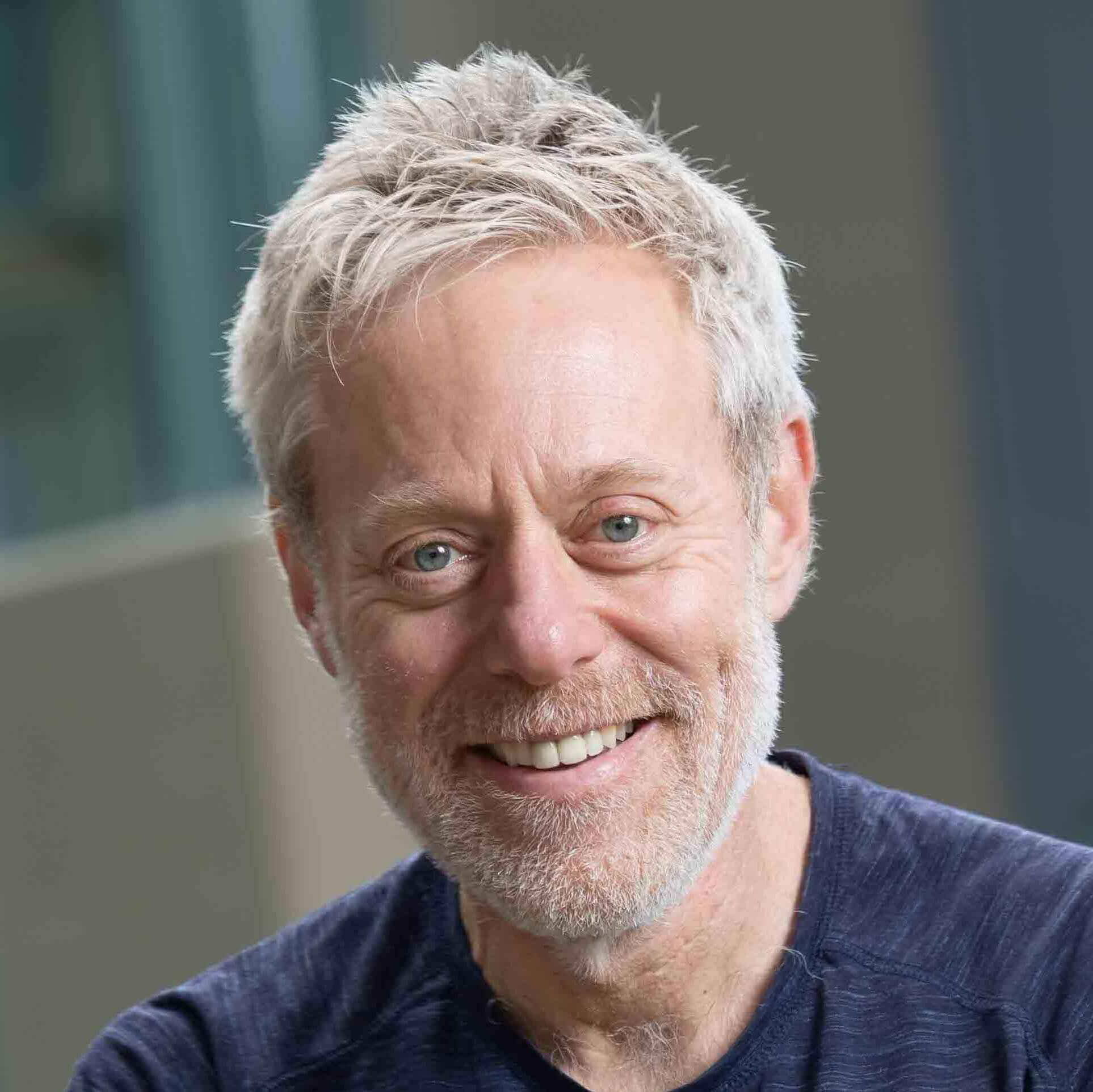
Playing nice – Trust and reputation in Game Theory, eCommerce and vaccinations | with Steve Tadelis
In this episode we talk to Steve Tadelis about reputation and trust. He explains how he first got into the topic, what reputation means in the context of Game Theory and how even leaving no review at all could signal reputation on platforms like ebay. He also shows how powerful reputation and trust can be beyond the business context, e.g. when increasing vaccination rates with the help of Donald Trump.
Steve Tadelis is professor of economics, business and public policy at UC Berkeley. His research interests include the economics of eCommerce and incentives & organisations. On top of his academic experience he has worked as senior economist at Amazon and eBay.
In the episode, Steve mentions the following papers:
- Rational cooperation in the finitely repeated prisoners’ dilemma, by David Kreps, Paul Milgrom, John Roberts and Robert Wilson
- Using Donald Trump’s COVID-19 Vaccine Endorsement to Give Public Health a Shot in the Arm: A Large-Scale Ad Experiment, by Bradley Larsen, Marc J. Hetherington, Steven H. Greene, Timothy J. Ryan, Rahsaan D. Maxwell & Steven Tadelis

FEELING LUCKY! – ON THE GAME THEORETIC ASPECTS OF LOTTERIES | WITH NICK ARNOSTI
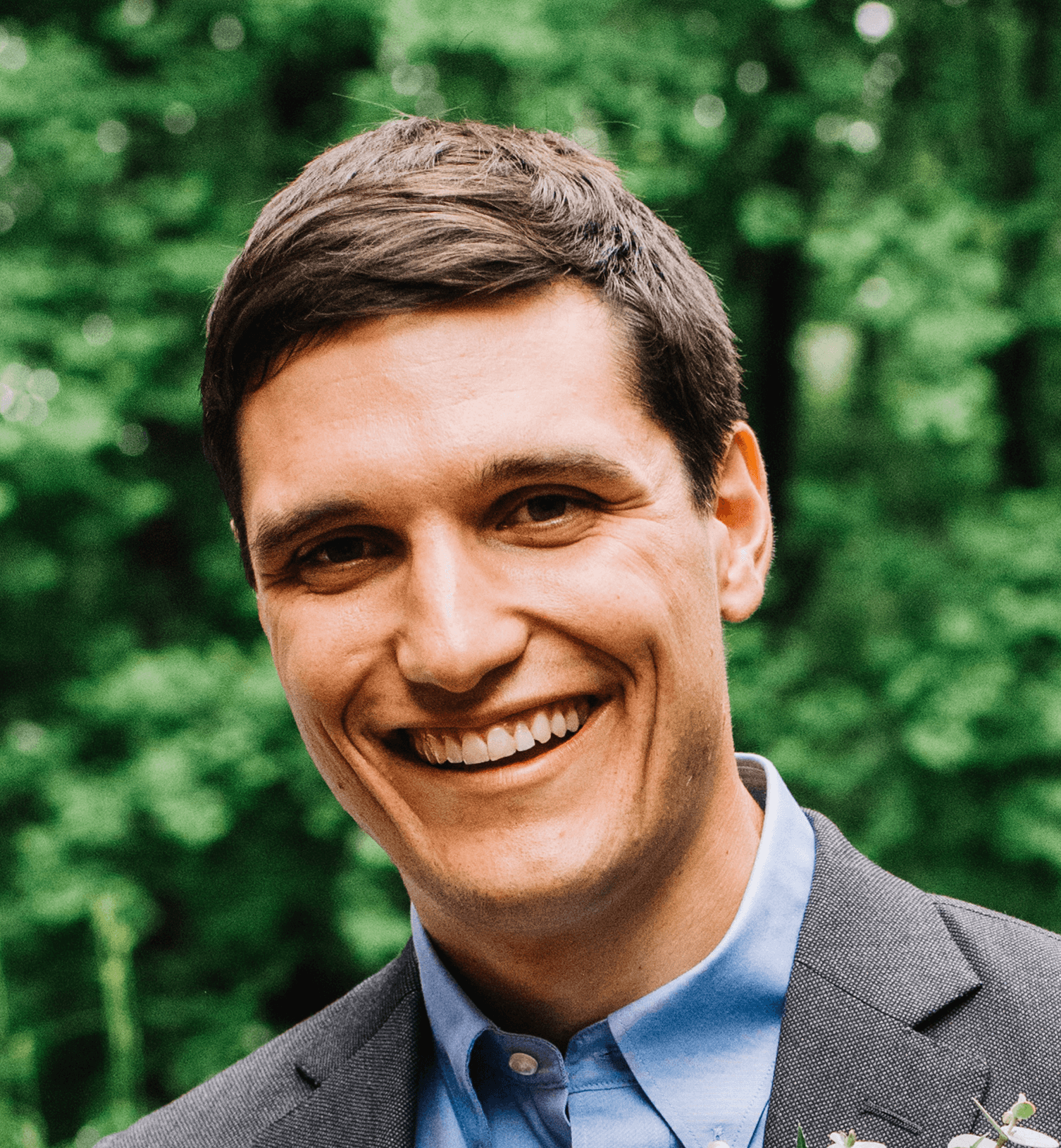
In this episode, we discuss with Nick Arnosti the economic aspects of lotteries. Nick explains in which sense lotteries are a relevant economic mechanism, and gives some examples of where and why they are used. We focus in particular on the use of lotteries in the allocation of affordable housing in New York.
Nick Arnosti is assistant professor at the University of Minnesota. His research is focussed on systems for allocating public resources.
During the interview, Nick mentions a paper which compares lotteries and waiting lists; this paper can be found here.

“MORE ART THAN SCIENCE” – TRANSLATING GAME THEORETIC PREDICTIONS INTO PRACTICAL RECOMMENDATIONS | WITH EYAL WINTER
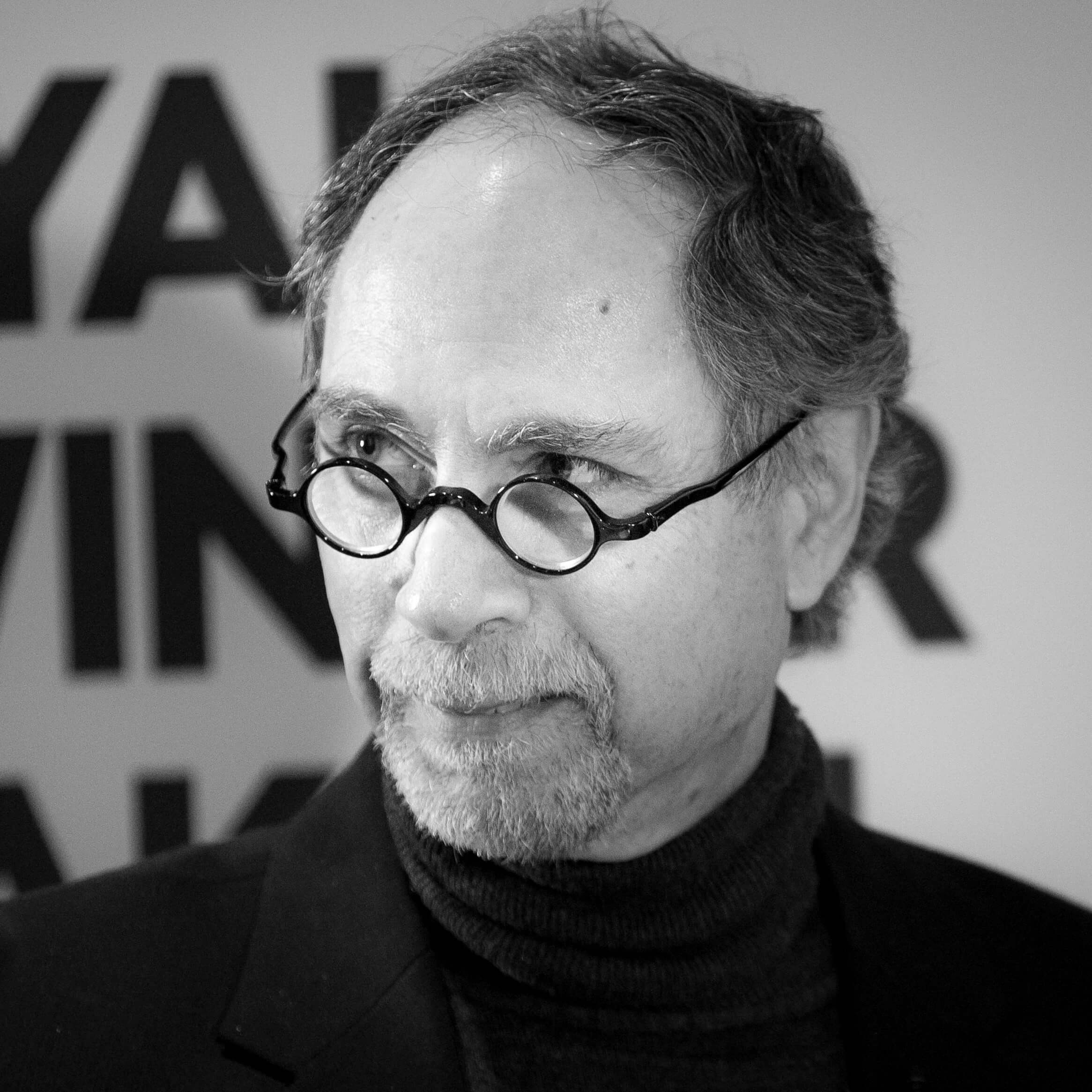
In this episode we are talking to Economics Professor Eyal Winter, who works as both an academic researcher and as a consultant who supports his clients in various auction settings. We discuss how consulting differs from theoretical research, and how to best behave in an auction setting. Eyal also shows how emotions can sometimes strongly influence people’s behaviour in auctions.
Eyal Winter is the Silverzweig professor of economics at the Hebrew University and the Andrews & Brunner professor at Lancaster University. His research interests are broadly spread, ranging from Behavioural Economics to Decision Making, Game Theory and Finance. He is also the author of the book “Feeling Smart – Why Our Emotions Are More Rational Than We Think”, in which he explores the use and logic in emotions.
During the interview, Eyal mentions a spectrum auction in New Zealand, which yielded a very disappointing outcome for the New Zealand government. More information on this auction can be found e.g. here and here.

